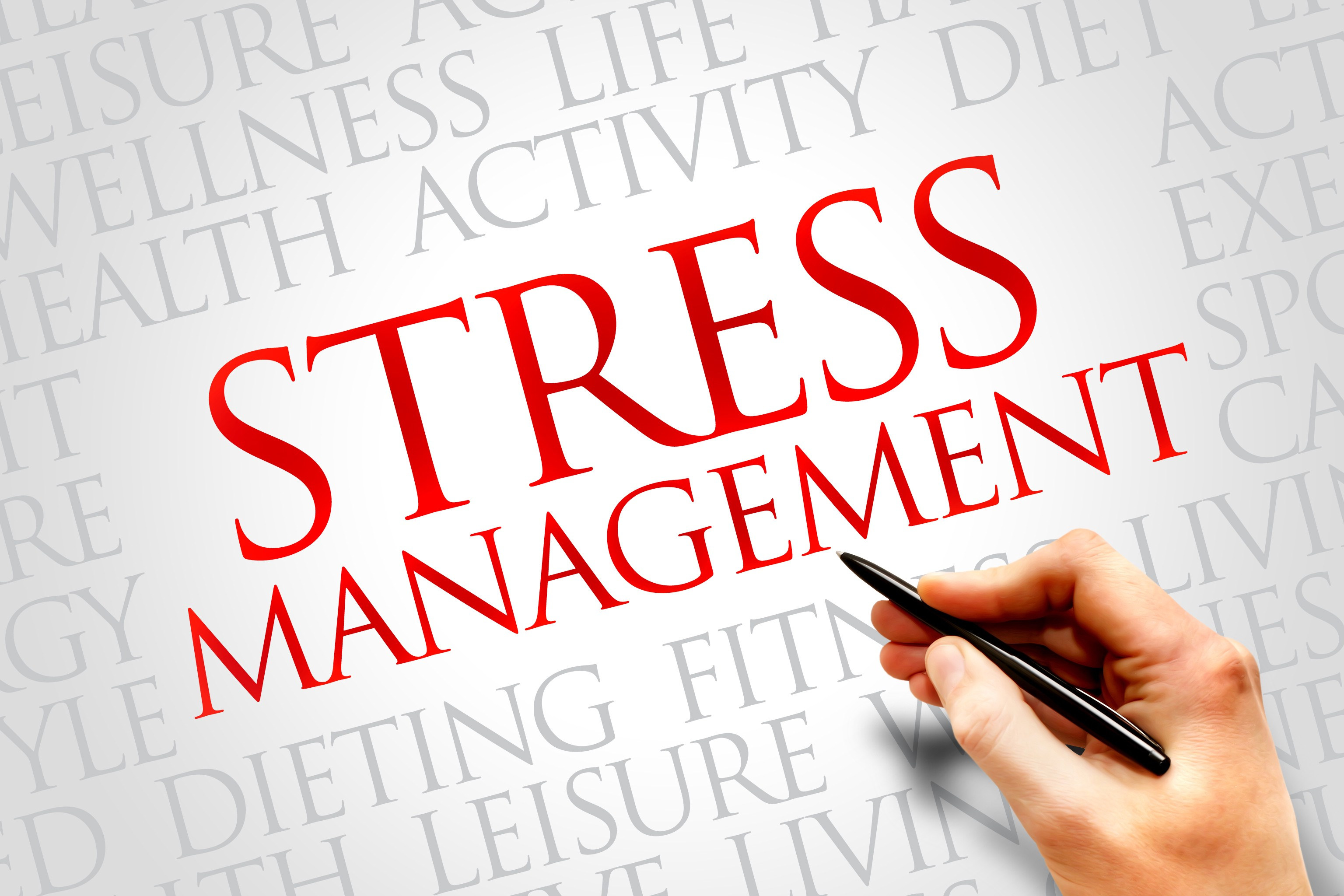Stress is a normal reaction the body has when changes occur, resulting in physical, emotional and intellectual responses. Stress management training can help you deal with changes in a healthier way.
Stress is a normal human reaction that happens to everyone. In fact, the human body is designed to experience stress and react to it. When you experience changes or challenges (stressors), your body produces physical and mental responses.
Stress responses help your body adjust to new situations. Stress can be positive, keeping us alert, motivated and ready to avoid danger. For example, if you have an important test coming up, a stress response might help your body work harder and stay awake longer. But stress becomes a problem when stressors continue without relief or periods of relaxation.
Table of Contents
What happens to the body during stress?
The body’s autonomic nervous system controls your heart rate, breathing, vision changes and more. Its built-in stress response, the “fight-or-flight response,” helps the body face stressful situations.
When a person has long-term (chronic) stress, continued activation of the stress response causes wear and tear on the body. Physical, emotional and behavioral symptoms develop.
Physical symptoms of stress include:
- Aches and pains.
- Chest pain or a feeling like your heart is racing.
- High blood pressure.
- Muscle tension or jaw clenching.
- Stomach or digestive problems.
- Weak immune system.
How is stress diagnosed?
Stress is subjective — not measurable with tests. Only the person experiencing it can determine whether it’s present and how severe it feels. A healthcare provider may use questionnaires to understand your stress and how it affects your life.

If you have chronic stress, your healthcare provider can evaluate symptoms that result from stress. For example, high blood pressure can be diagnosed and treated.
Strategies for stress relief
- Exercise when you feel symptoms of stress coming on. Even a short walk can boost your mood.
- At the end of each day, take a moment to think about what you’ve accomplished — not what you didn’t get done.
- Set goals for your day, week and month. Narrowing your view will help you feel more in control of the moment and long-term tasks.
- Consider talking to a therapist or your healthcare provider about your worries.
Ways to prevent stress
- Try relaxation activities, such as meditation, yoga, tai chi, breathing exercises and muscle relaxation. Programs are available online, in smartphone apps, and at many gyms and community centers.
- Take good care of your body each day. Eating right, exercising and getting enough sleep help your body handle stress much better.
- Stay positive and practice gratitude, acknowledging the good parts of your day or life.
- Stay connected with people who keep you calm, make you happy, provide emotional support and help you with practical things.
- A friend, family member or neighbor can become a good listener or share responsibilities so that stress doesn’t become overwhelming.
How long does stress last?
Stress can be a short-term issue or a long-term problem, depending on what changes in your life. Regularly using stress management techniques can help you avoid most physical, emotional and behavioral symptoms of stress.

